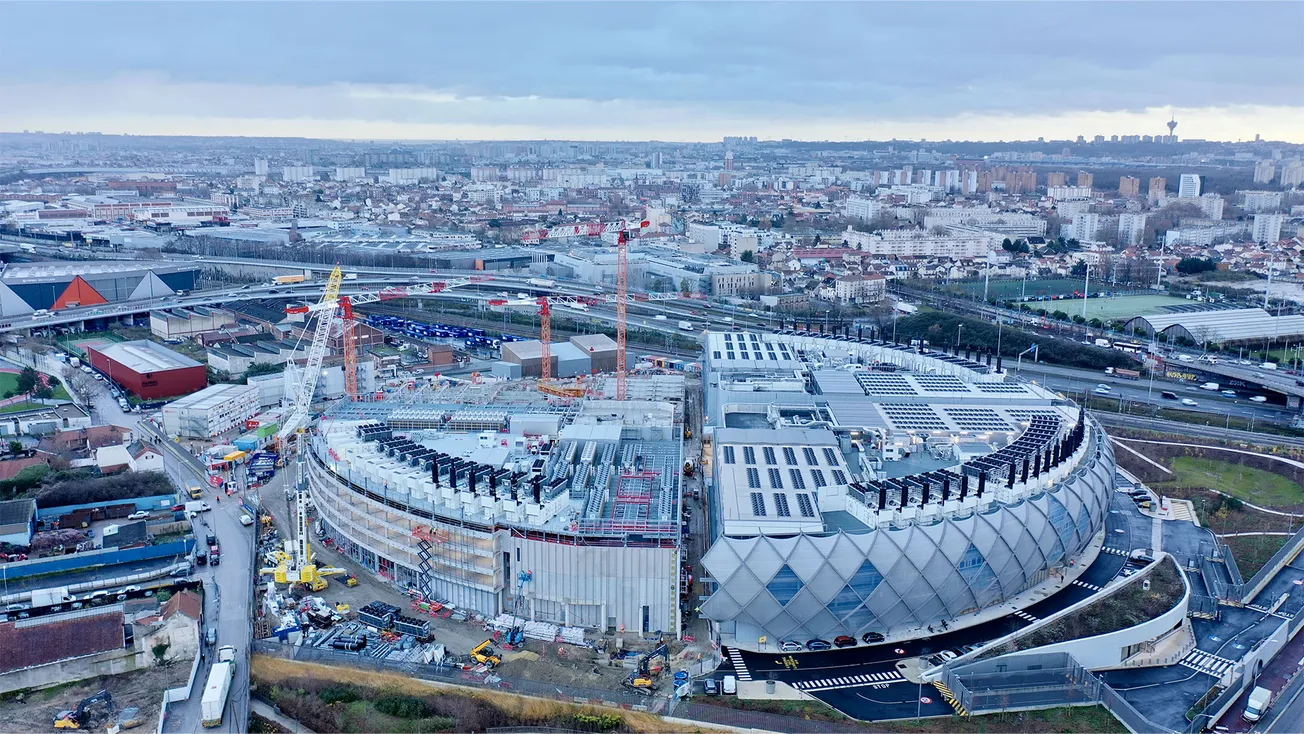AI Arms Race: France Wants To Be A Data Center Paradise
France lags in data center infrastructure. The government wants to change that to boost its AI ambitions.

France lags in data center infrastructure. The government wants to change that to boost its AI ambitions.
